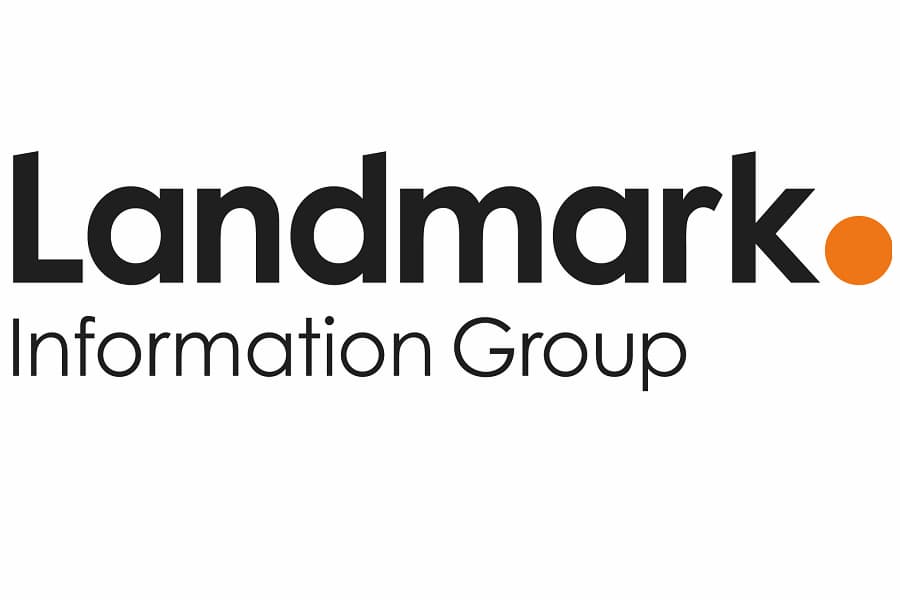The property industry, particularly conveyancing, invites a multitude of complications and a vast array of rules, regulations and requirements that can become frustrating to consumers. At Today’s Conveyancer, we’re delving into the trials and tribulations of the conveyancing sector and have formulated the best ways to handle angry clients.
Just last month, news broke out in the US about a man crashing a flaming truck into the offices of a law firm following disagreements over a $3 million settlement agreement between the firm and his girlfriend. This isn’t quite the level of outrage you will have experienced (hopefully) within your conveyancing business, but you can get the picture of how imperative having happy clients is!
Our 5 top tips on how to keep your customers happy are directly from people in the know – experts in legal industry complainers if you will.
Be an active communicator
It’s highly unlikely your client will be complaining about something for no reason. The key is to establish exactly where wires have been crossed and what has caused the upset in the first place. It may have been a mistake along the way, or just a misunderstanding, but you need to remain objective.
Making notes of exactly what the client has raised will allow you to respond more effectively with proposed solutions.
If you don’t allow your client to vent their frustrations, it will only make the issue worse. You shouldn’t assume they are in the wrong, so listen carefully and be proactive in providing answers, not being the cause of problems.
Along with responding to issues comes actively picking up the phone to your clients to keep them up to date with what is happening.
Karen Babington, who has worked in the legal sector for over 20 years advises, "Customers require regular contact from the conveyancer or solicitor they’re using, even if it is just to say there has been no further progress. The key to this active communication is making scheduled calls to clients – say every 7 to 10 days, whether there is anything to report or not."
Be clear on timescales & fees
In conveyancing, it’s all about making the process as quick and smooth as possible – the client is buying or selling a major investment don’t forget – it’s a stressful time. This is an important decision which the client will be wanting to get completed sooner rather than later. Ensuring they know what to expect from the get-go is integral.
There are many aspects of conveyancing that may get in the way of the process being finalised. However setting out a schedule for the client, even if it is an estimation, will help avoid awkward questioning during each stage and will establish a clear connection between each part of the process within the mind of the client.
If problems to arise at any point, or if there are unforeseen delays for whatever reason, the priority is to inform the client at the earliest opportunity and explain the reason behind the issue. They’ll appreciate your honesty!
The same also goes for charges and fees for your services. If the client understands what they will be paying from the start, they will not only be able to budget effectively, this will also allow them to compare conveyancing service providers before making their final decision.
"What you will need to quote is what the client pays for at the end of the transaction. This prevents any nasty surprises being presented to the client at any point, which will certainly cause a problem!" says Karen.
Be patient
You are the crucial link between the client and the various search and inspection teams needed for conveyancing, so being calm and collected can only make the process run smoother. If you take on stress and transfer it to the client, it will open up a world of complications.
If your client is raising concerns, even if you feel they are unnecessary, don’t take what they say personally and allow them to communicate. Remember, you are there to be the expert so anything the client brings to the forefront, it’s likely you’ll have a reasonable explanation, so keep this in the back of your mind the next time they vent their frustrations towards you.
Expert training consultant, Clare Yates, advises, "Every day will bring new challenges and conveyancers and other legal professionals need to easily adapt, as each client is different.
"Being trained in customer service skills is highly valuable in this industry and will give client-facing employees the ability to provide the best service possible."
Put the client first
When an issue is raised, think about how it is going to affect the client directly, and formulate solutions around this. Discuss your ideas with the client and agree a resolution that is best for them.
"For every problem that arises that affects the client, it’s important to include them within the decision making process." says Clare.
"If you are transparent about how you plan to resolve any problems that arise, it will make it clear to the client that their needs are important to you."
Once the problem has been sorted, go back to your client and check the solution has worked well for them. Showing your concern and acknowledging their feelings are important to you will shed a positive light on your achievements. This will help ensure both new and established clients become loyal clients.
Be resilient
Each client should be treated individually, and although problems are often the same, your feelings towards one situation cannot be transferred to another.
If you’ve just had a difficult conversation with a particular client or third party firm, you need to ensure your established mindset isn’t transferred to your next interaction.
Customer service training is key to getting the balance right with your clients. This is something Today’s Conveyancer regards as highly beneficial within law and conveyancing.
In partnership with Clare Yates, we will be holding “taster” training sessions in December as part of our new Today’s Conveyancer Training Programme. If you’re interested in finding out more and to see if the training is right for your firm, please contact Heather Cameron at heather.cameron@todaysconveyancer.co.uk.




















